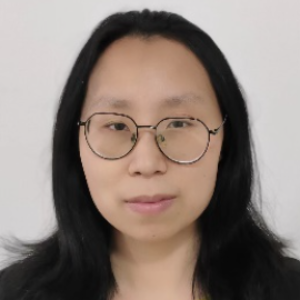Title : Revealing the Active Site of Single Palladium Atom Catalyst towards Electrochemical CO2RR to CO
Abstract:
The single palladium atom anchored on graphene exhibits high selectivity and activity for electrocatalytic CO2 reduction (CO2RR) to CO, which is extremely meaningful for great atomic utilization of noble metals. However, the origin of the high catalytic activity, especially the real coordination model of active center Pd site, remains puzzle. Different with the conclusion of conventional density functional theory (DFT) calculations that the Pd-N4 is responsible for the excellent CO2RR performance, here we employ the grand-canonical density functional theory (GC-DFT) approach to confirm the Pd-N1 site is more likely the active center for efficient CO2RR to CO. The results show that the charge-carrying capability that usually be ignored can be actually accepted as an effective descriptor to characterize the performance of electrocatalytic CO2RR. Particularly, the site with higher charge-carrying capacity allows to carry more excess negative charges to balance the Fermi level to match the applied potential. Then the excess negative charge prioritizes to occupy the 3dz^2 orbital of Pd atom promoting the electron injection into the intermediates, which can more effectively reduce the reaction grand free energy of elementary step and stabilize the intermediates to further facilitate the electrochemical process. This work not only solves the puzzle of confirmation of coordinating model of Pd-site but also reveals the important role of charge-carrying capability in electrochemical process, which can provide reference for further exploration on the understanding of the mechanisms and the design of electrocatalysts.
Audience take-away:
- The importance of potential in the theoretical studies of electrochemical process
- The coordination environment is critical in affecting the activity of SACs



